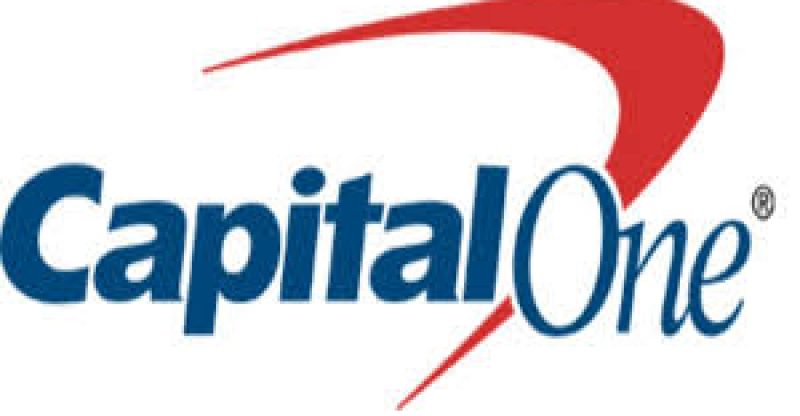Capital One Seeks Patent for Blockchain-Based Authentication System
U.S based bank holding firm Capital One has filed a patent application for the usage of blockchain technology in its work as indicated by a filing published by the U.S. Patent and Trademark Office (USPTO) August 16.
According to the document, the request is a continuation of a patent application presented by Capital One to the USPTO in June 2017. The proposed system is intended to get, store, record, and recover validation data for clients in different blockchain-based member platforms.
The filing says that recording of clients’ personal data in blockchain can “enable members of the authentication system to retrieve user identification data from a database using the authentication information.” The report gives a use case example of the system for “authentication in the context of a business process subject to statutory or regulatory requirements, such as ‘Know Your Customer’ requirements.”
Available information regarding the patent application suggests that some kinds of authentication requirements “can impose time and resource burdens on the institutions,” including:
“Users may resent having to respond to repeated authentication requests as they navigate between computer systems associated with different institutions. Institutions and users may therefore benefit from a collaborative authentication system that handles authentication interactions for multiple institutions.”
The company that is well known in the U. S credit and auto loan industries is optimistic that the proposed system would help keep clients or institutions from “later challenging authentication records as false or inaccurate.” Additionally, the system will confine the sharing of personal information amongst clients and organizations.
In 2016, Capital One joined forces with Los Angeles-based blockchain organization Gem in a deal that allowed the financial company to handle the issue of insurance beneficiaries’ long wait for their benefits to be paid by insurance agencies.
Capital One said then that “blockchain technology connects the ecosystem to universal infrastructure, and shared infrastructure allows global standards that do not compromise privacy and security.”





